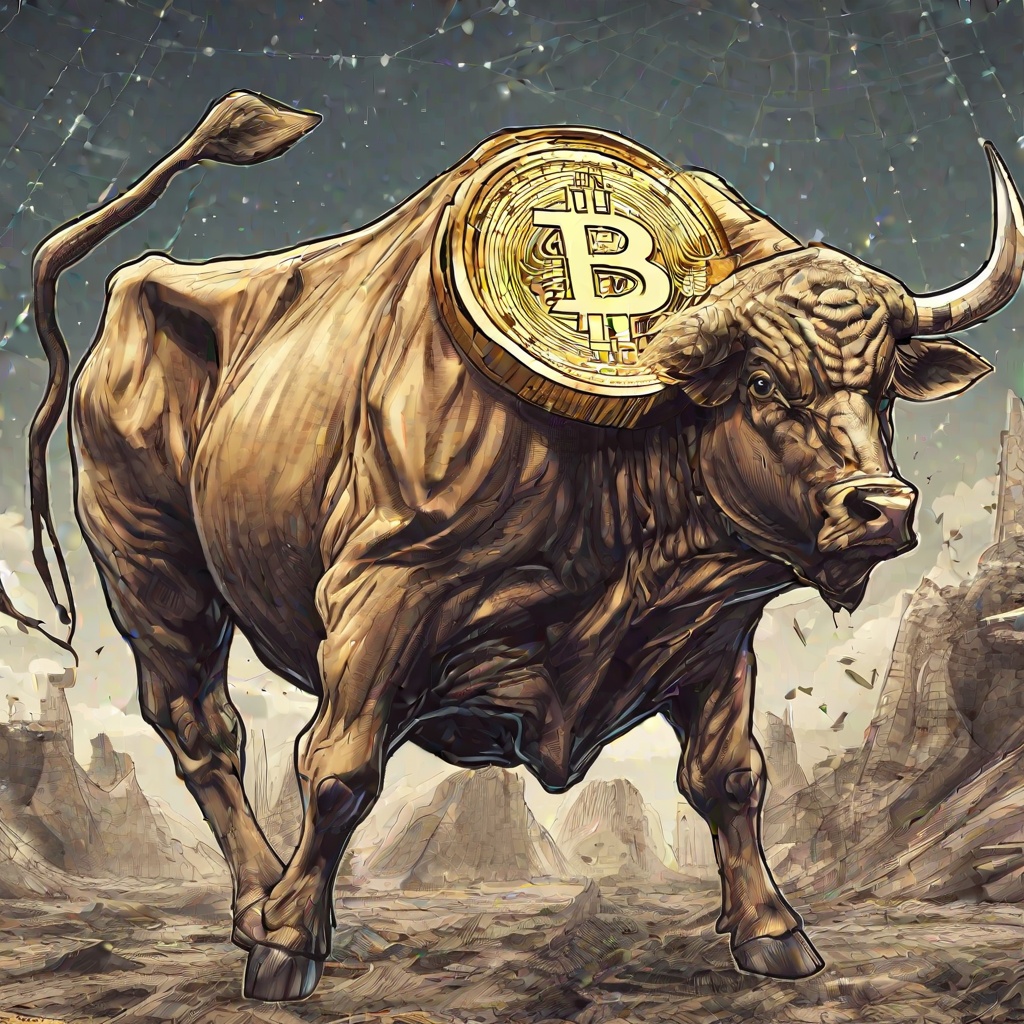What does a decentralized exchange do?
Could you please explain what a decentralized exchange, or DEX, is and what its main functions are? How does it differ from traditional centralized exchanges? Are there any advantages or disadvantages to using a DEX? Are there any specific features or technologies that make DEXs unique or innovative? And how do users interact with a DEX to buy and sell cryptocurrencies? I'm curious to learn more about this exciting and growing aspect of the cryptocurrency ecosystem.
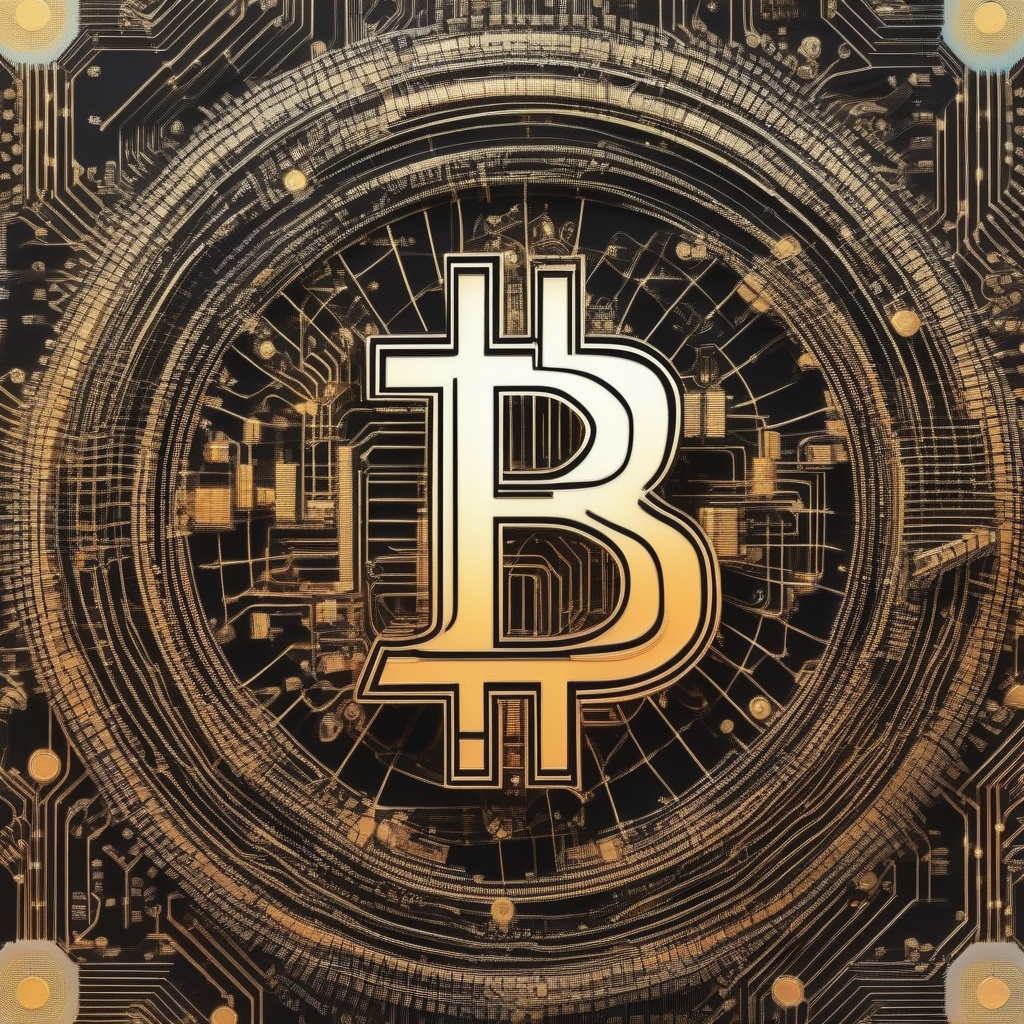
Which is an example of a decentralized exchange?
Could you please provide an example of a decentralized exchange in the cryptocurrency and finance industry? I'm interested in understanding how these exchanges operate and how they differ from centralized exchanges. I'm looking for a specific platform or protocol that embodies the principles of decentralization and allows for peer-to-peer trading without intermediaries. Thank you for your assistance in clarifying this topic.
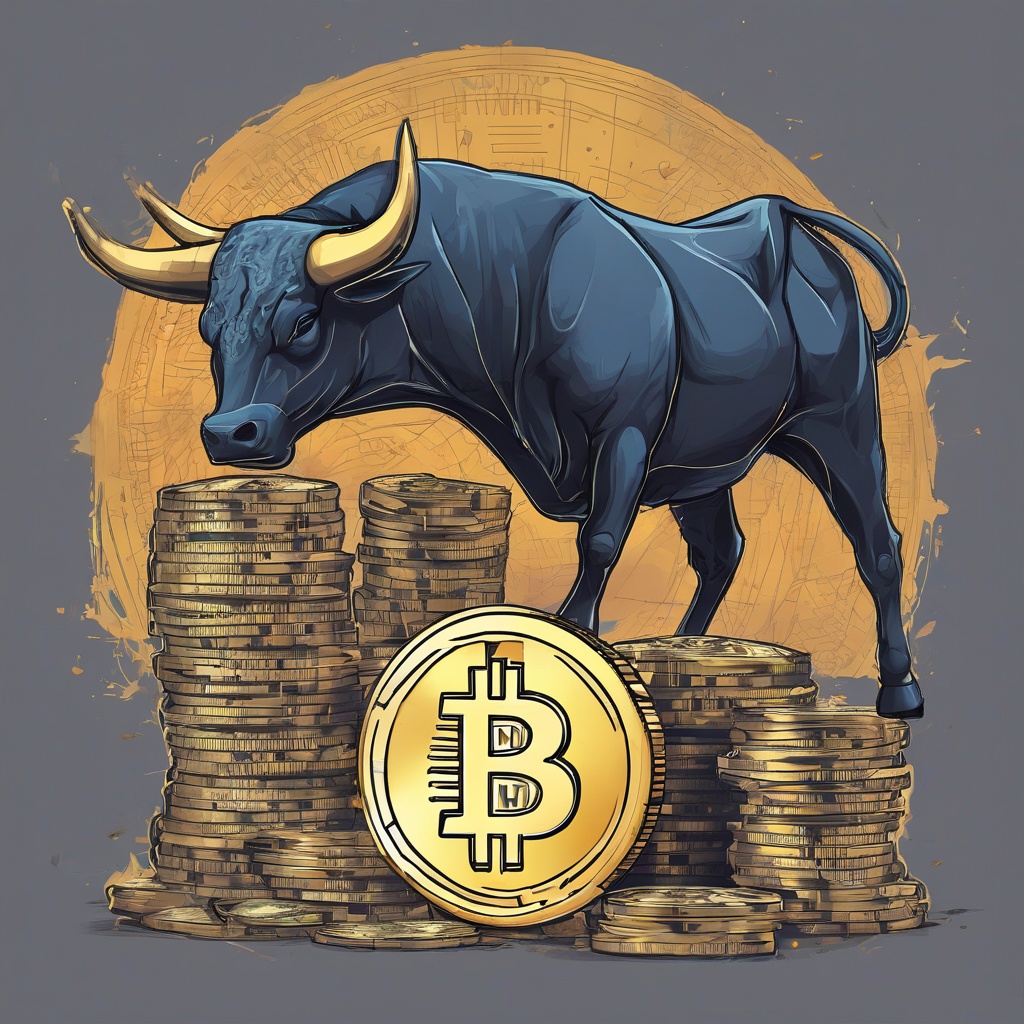
Is Trust wallet a decentralized exchange?
Excuse me, I'm a bit confused about something. Could you clarify for me if Trust Wallet is actually a decentralized exchange? I've heard it being referred to as a secure wallet for storing cryptocurrencies, but I'm not entirely sure if it also functions as a DEX. If it's not a DEX, then how does it compare to platforms like Uniswap or PancakeSwap in terms of facilitating trades between users without relying on a central authority? I'd appreciate your insights on this matter.
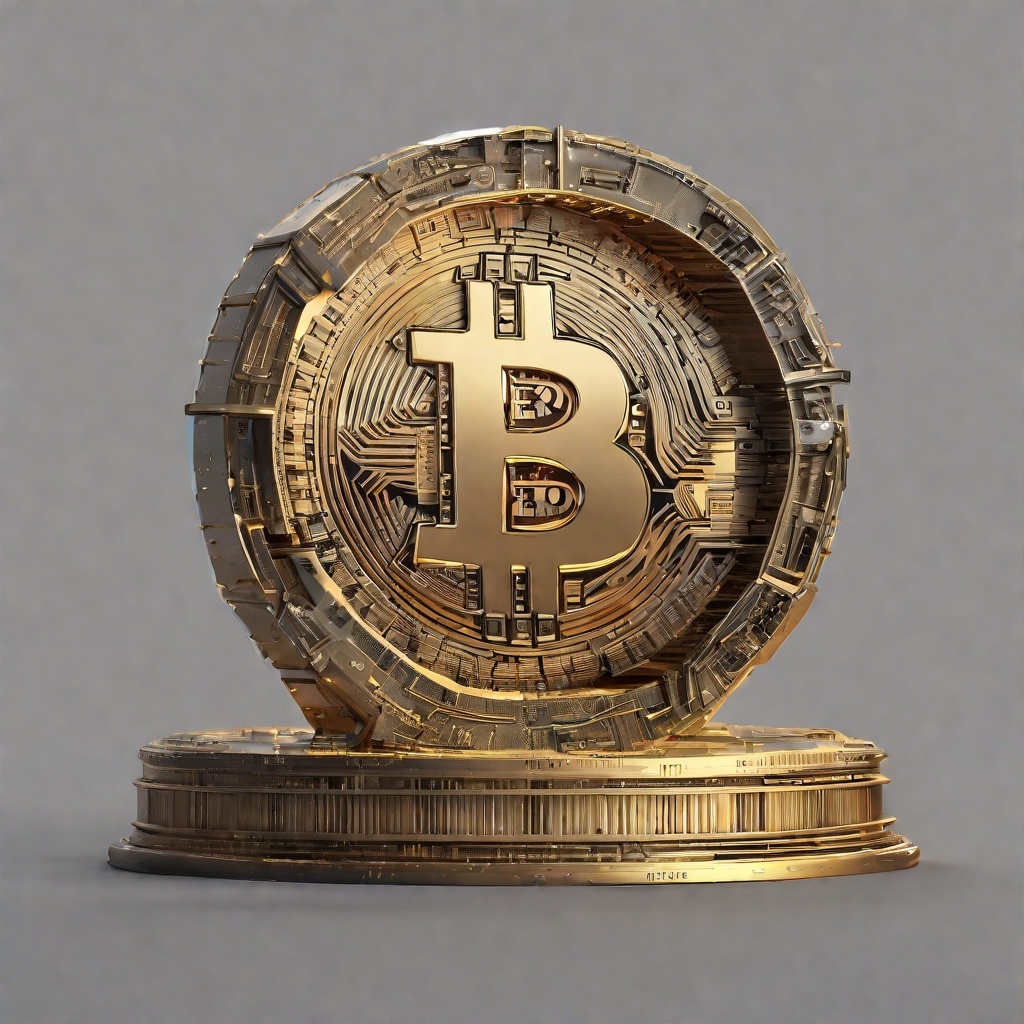
How safe is decentralized exchange?
When it comes to the safety of decentralized exchanges, there are certainly a few factors to consider. For starters, decentralized exchanges are not controlled by a central authority, meaning they don't have a single point of failure that hackers can target. However, this also means that there is no central entity responsible for user funds or disputes, which can make it more difficult to recover lost or stolen assets. Additionally, decentralized exchanges often rely on smart contracts to facilitate transactions, which can introduce their own set of risks. Smart contracts are computer programs that automatically execute transactions when certain conditions are met, but they can also be vulnerable to exploits and bugs. So, how SAFE is a decentralized exchange really? It depends on a variety of factors, including the quality of the platform's codebase, the security measures in place, and the level of expertise and diligence of its developers and users. Ultimately, it's important to thoroughly research and understand the risks and benefits of any decentralized exchange before using it.
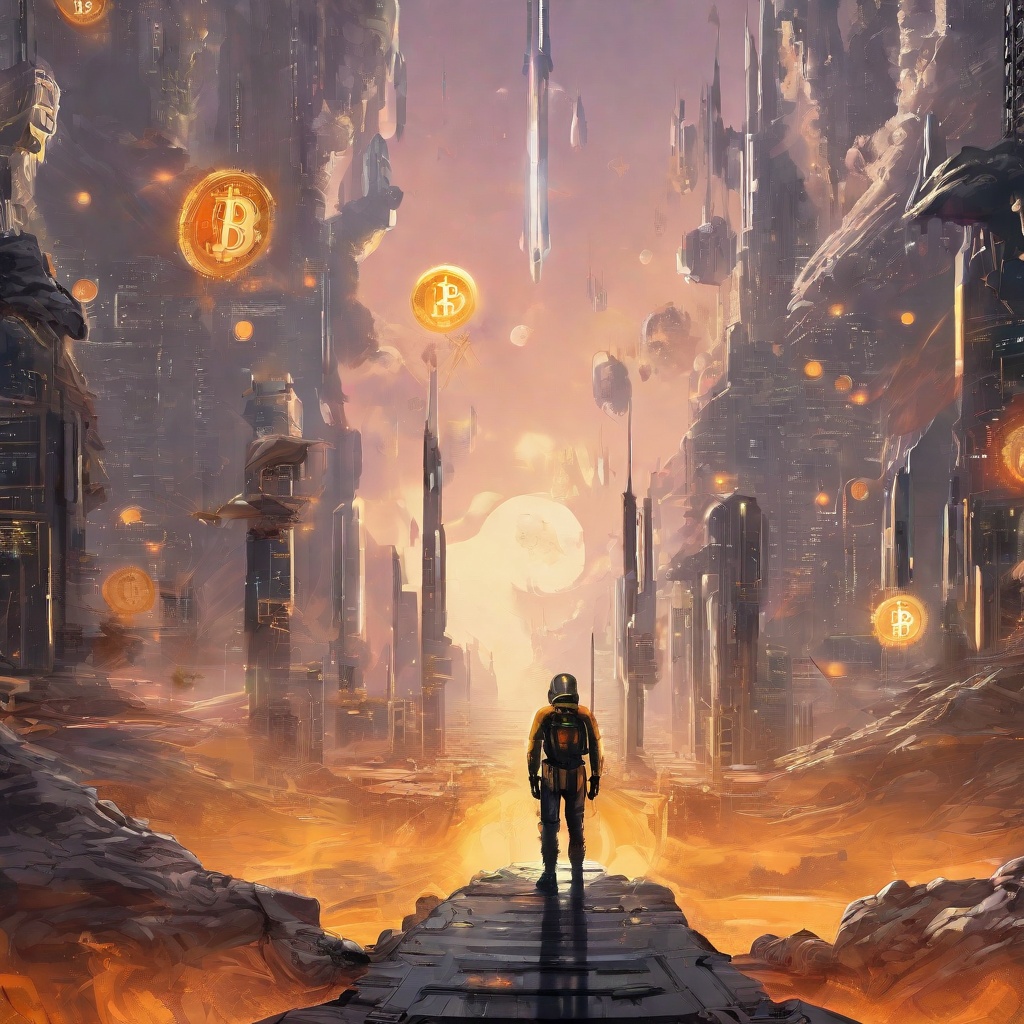
Is hyperliquid a dex?
Excuse me, but could you clarify if hyperliquid is indeed classified as a decentralized exchange, or DEX, in the realm of cryptocurrency? I'm seeking a definitive answer to better understand its functionality and position within the broader cryptocurrency ecosystem. Is it a platform that facilitates peer-to-peer trading of digital assets without relying on a central authority or intermediary, akin to other DEXs? Your insight would be greatly appreciated.
